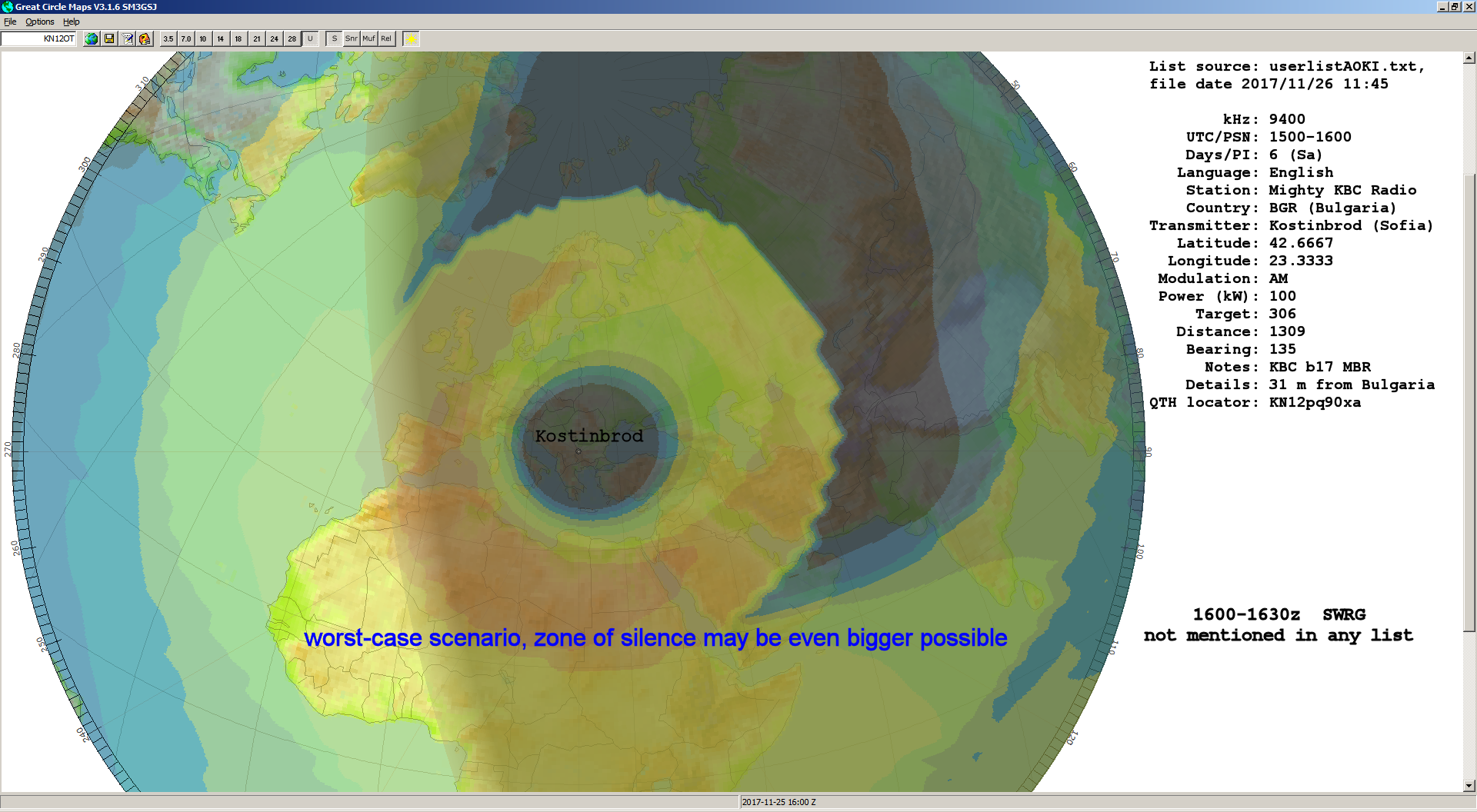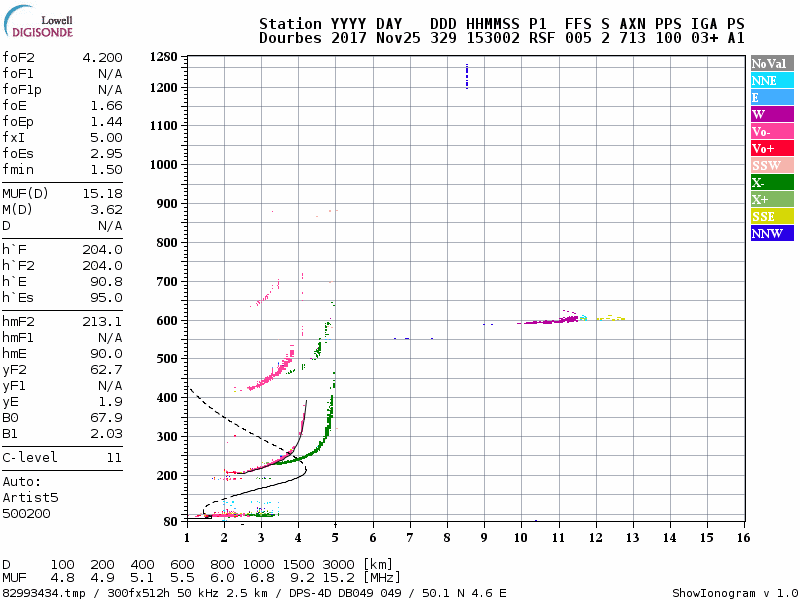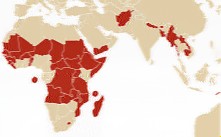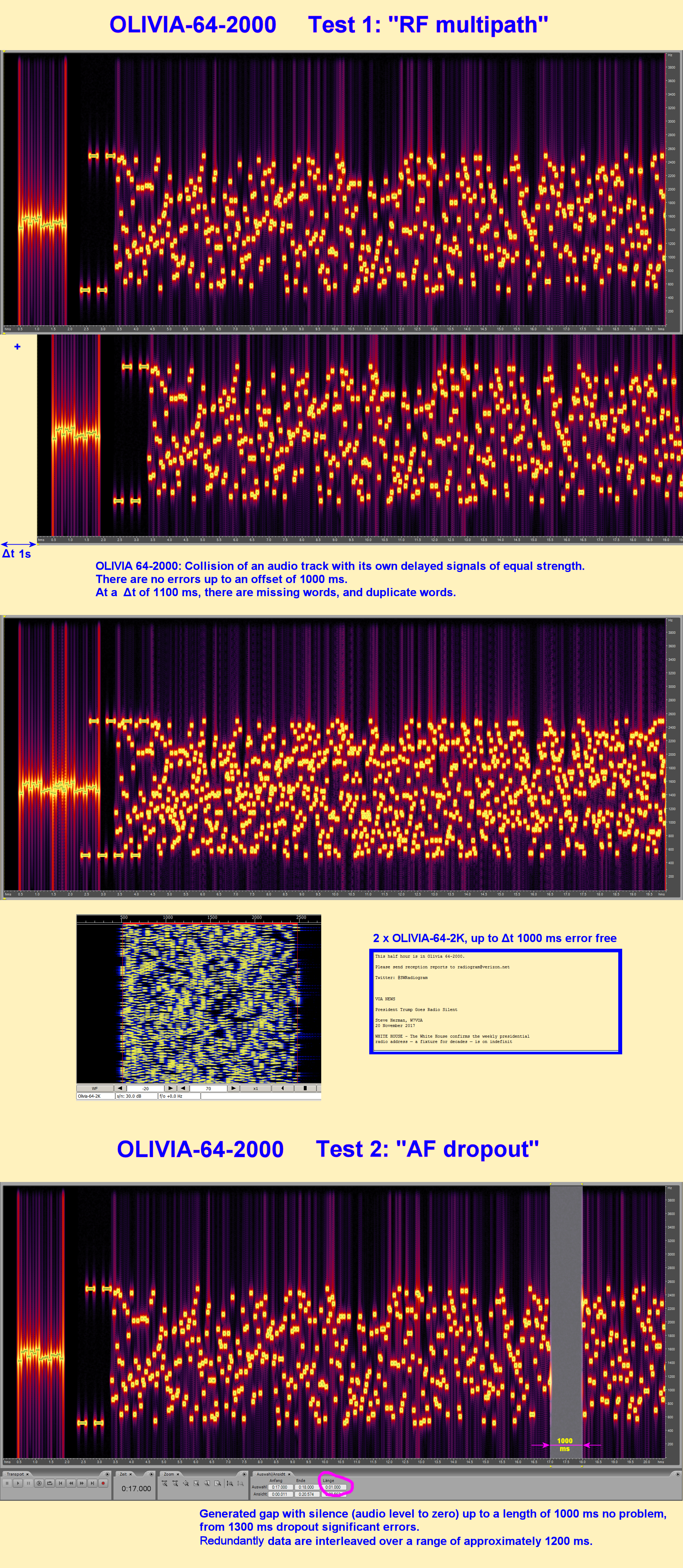|
VOA NEWS
President Trump Goes Radio Silent
Steve Herman, W7VOA
20 November 2017
WHITE HOUSE - The White House confirms the weekly presidential
radio address — a fixture for decades — is on indefinite hiatus.
"We received quite a few comments and a lot of feedback that the
weekly
address wasn’t being used to its full potential," White
House Press
Secretary Sarah Huckabee Sanders said in response to
a VOA question during
Monday’s daily briefing.
"We're looking at different ways that we can revamp that and make
it where
it’s more beneficial and gets more information out,"
added Sanders, who
declined to elaborate on whether the radio
tradition is fading out
permanently.
Trump's last recording
The last time the White House released a weekly radio recording
made by
President Donald Trump was on Oct. 13. During the first
nine months of his
administration, he had regularly taped the
messages.
Sanders is not the only one raising issue with the relevancy of
the
broadcasts and whether they have much appeal for the current
president, who
frequently prefers an unscripted format as well as
Twitter, his favorite
social media platform.
"In our increasingly fast-paced news cycle in which a president
can make and
shape news with a few flicks of his fingers via
Twitter, you can argue that
the president’s weekly radio
address is less relevant and timely," according
to presidential
historian Mike Purdy. "A scripted weekly radio address
doesn’t
allow him to get his message out as he’d like."
Roosevelt's 'fireside chats'
Regular presidential radio addresses began with the "fireside
chats" of
President Franklin Roosevelt during the depth of
economic depression in
1933.
Roosevelt had begun using radio to reach the public as governor
of New York
state at a time when radio broadcasting was a
technological revolution.
The tradition was revived by President Ronald Reagan in 1982, a
veteran
radio announcer and actor, who started the Saturday
audio-only addresses
from the White House.
"The soothing and assuring voices of Franklin Roosevelt and
Ronald Reagan
were ideally suited to radio," Purdy told VOA.
"John F. Kennedy’s good
looks, wit, and charm made him into our
first television president. The
reasoned, professorial, and calm
voice of Barack Obama came across well on
radio and television."
Although Purdy contends the weekly radio speeches remain a
relevant
presidential communication tool, "President Trump will
not highlight its use
or be as consistent in using it since he
has other methods more in sync with
his personality."
Little interest from radio stations
VOA contacted numerous information-oriented radio stations across
the
country, in large and small markets, but
found few
still
airing the Saturday
brief presidential speeches.
"We haven't received any reaction about the missing addresses.
Not by phone
or email. That is in some contrast to feedback from
listeners in prior years
who feared we might not choose to carry
the new president's remarks,
especially when there was a change
in parties," said Steve Butler, the
longtime program director at
KYW in Philadelphia.
KYW has been on the air since the era of Roosevelt's fireside
chats and "we
have always carried the addresses in the modern
era, since President Reagan
started them," Butler tells VOA.
"We thought about [airing] it in the past," said Todd Brunner,
operations
manager for KCLI-FM and four other Wright Broadcasting
System radio stations
in southwestern Oklahoma. But because the
presidential remarks were of no
fixed length and due to
contractual obligations for syndicated program they
proved too
much of a challenge to insert into the lineup, according to
Brunner.
Since Reagan, all presidents have regularly done the weekly radio
broadcasts, although George H.W. Bush recorded only 18 in the
two-year
period between November 1990 and November 1992.
Historian Doug Wead, who worked on Bush's senior staff said, "I
remember
thinking that they were pretty expensive in terms of
invested time and
effort, while there was great risk if the
president said the wrong thing."
Reagan's red scare
It was a controversial unscripted warm-up quip from Reagan which
ironically gave the weekly radio broadcasts
their most memorable
moment.
During an Aug. 11, 1984 sound check, meant only for an audience
of audio technicians, the president — during a
time of
heightened Cold War tensions — said: "My
fellow Americans,
I’m pleased to tell you today that I’ve signed
legislation
that will outlaw Russia forever. We begin
bombing in five
minutes."
The Soviet Union was not amused and reportedly issued a war
alert, for a brief period of time, to a
portion of its military.
Wead says Reagan used the weekly radio tapings effectively
"partly because it was a way to speak directly
to the American
people, without the filter of commentary that
bracketed his
television appearances. But I suspect that
part of it was his
nostalgic memories of Roosevelt and his famous
fireside chats."
But with the advent of the internet and more sophisticated
messaging strategies, "I’m surprised they
lasted as long as they
did," said Wead.
|










